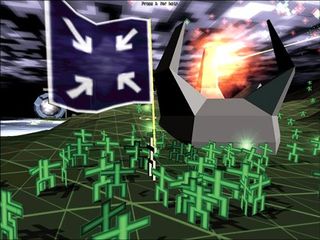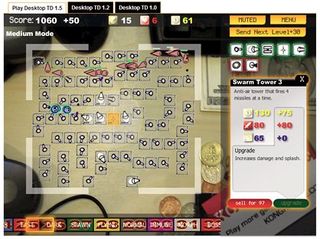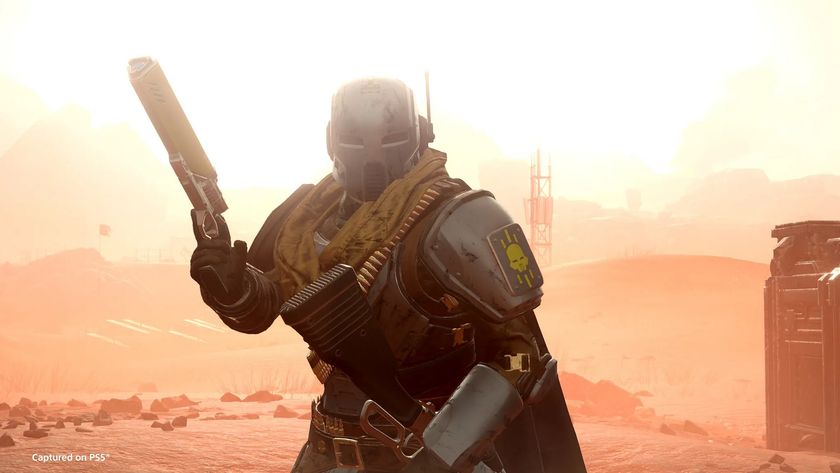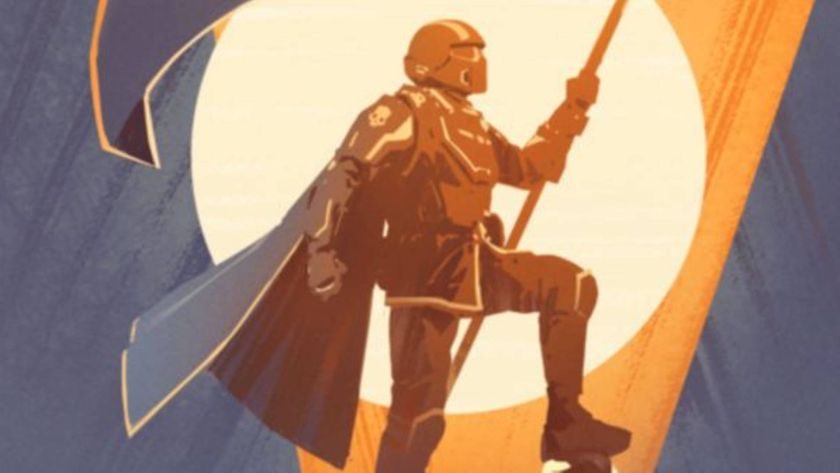Living the dream
Our ten-step guide to becoming an indie games entrepreneur
3) Original isn’t always best
The best games aren’t always the ones with the most out-there, high concept design or idea. Taking something that’s popular and doing it well works too, says Caspian Prince of Puppygames. “We take old concepts like Space Invaders and apply a bunch of loose rules to them to make them [more] appealing and with much more forgiving gameplay.” Lifelike 3D graphics aren’t necessary either: “Boil games down to the basic elements of fun. Get rid of everything else.”

4) Play hard, work harder
Running your own company means the hours are flexible, but everything still has to get done - there’s no Man to stick it to when you’re self-employed. “Usually I start to get very stressed as we approach major deadlines,” Chris Delay told us. “We’re our own bosses so we don’t really have any working hours, but in the last few years we’ve all become pretty hard-core workaholics. Any time we’ve sat around it’s only a few minutes before we start getting the laptops out.”

5) Share the love, share the load
If the business does take off, you might want to get a few staff to boost productivity and profits. Qualifications are great, but sometimes people with a real love for what you do are best - the fans. Several members of Introversion’s staff were recruited straight from Uplink’s online community. “We also rely on key members of our community to help run the forums, the websites, etc., and we usually run beta tests directly with the fan base over many months,” says Chris.
Sign up to the 12DOVE Newsletter
Weekly digests, tales from the communities you love, and more

"Games that get 19% user score do not generally recover": Helldivers 2 CEO reflects on Arrowhead's "summer of pain" and No Man's Sky-inspired redemption arc

Not for the first time, workers at Fallout, Doom, and The Elder Scrolls parent ZeniMax threaten strike at Microsoft: "Paying your employees a livable wage as a multi-trillion dollar company is the least they could be doing"











